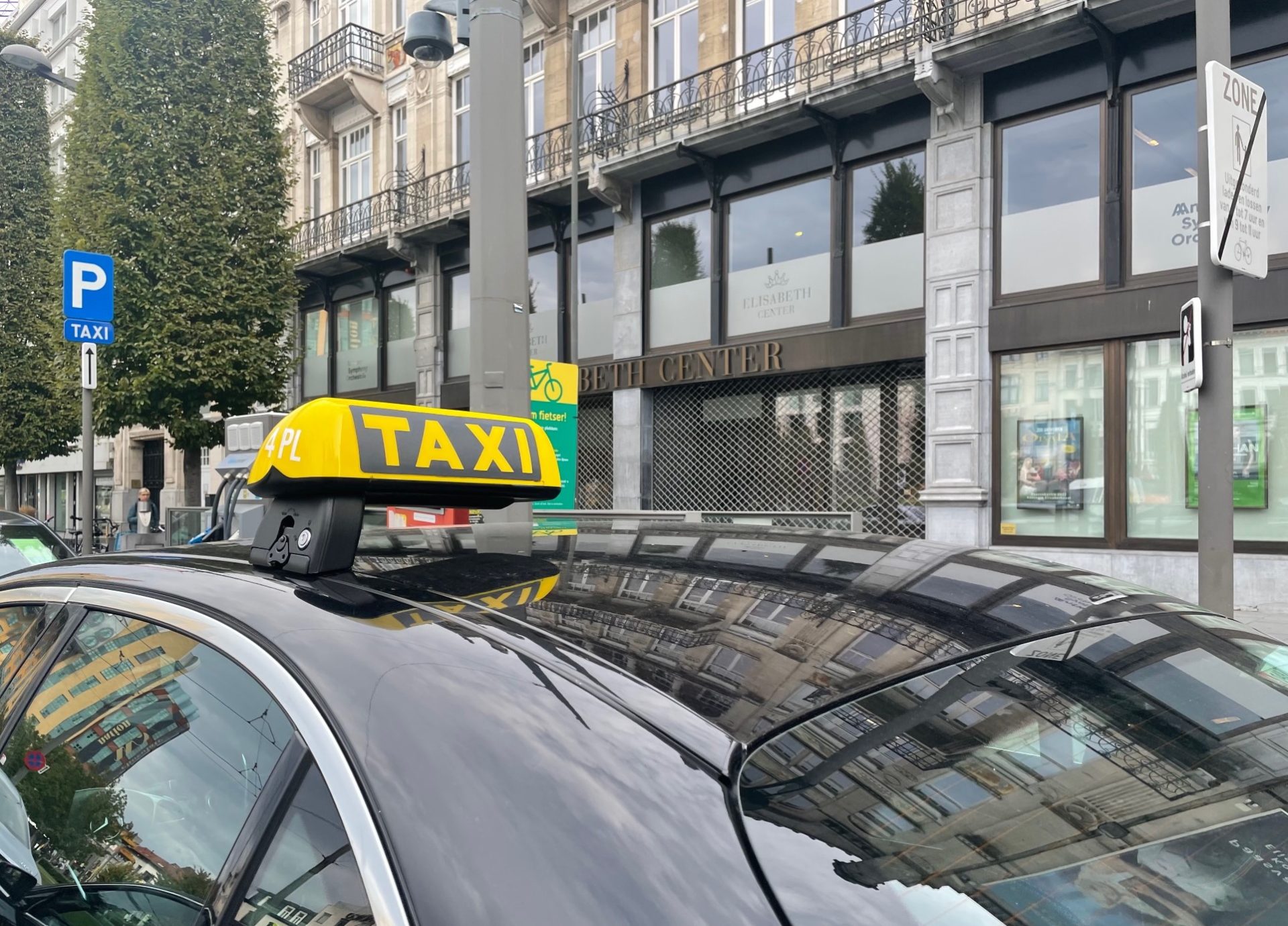New mobility initiatives from the European Commission include guidance on regulating taxis and private hire vehicles like Uber or Bolt, which have been at odds over mismatched regulations that make for an unequal playing field, particularly in Brussels.
The guidance clarifies how internal market rules should be applied to taxis and private hire vehicles, and how appropriate regulation can make these services more sustainable, accessible and fair, according to a press release.
“Integration with public mobility, less empty runs and encouraging pooling of passengers are all part of today’s guidance,” said Commissioner for Transport Adina Vălean. “With it we try to ensure good service for customers across Europe as well as fair, safe and more sustainable operations.”
Removing environmentally-taxing regulations
Some European cities’ regulations require taxis to return to a garage after completing a trip, or have restrictions that prevent drivers from taking passengers on return trips from remote locations, leading to these “empty runs.”
Likewise, many regulations prohibit the “pooling” of passengers, despite the fact that carpooling is seen as being not only more environmentally friendly, but also more economical.
Related News
- De Croo struggles to broker agreement on status of platform workers
- Bolt ridesharing service arrives in Brussels
- ‘The last resort’: Uber brings Brussels taxi matter before Council of State
The new initiatives aim to address these issues, while emphasising that requirements to become a driver should be simple and proportionate for all players, whether a traditional taxi driver or an LVC driver.
A ‘key step’ to adopting mobility to the digital age
Move EU, an organisation that brings together leading actors in the field of ride-hailing, welcomed the new initiatives as aligning with their own mission to foster sustainable deployment of on-demand mobility and new mobility services in the EU.
“This is a key step to ensure that urban mobility rules are fit for the digital age,” the organisation said in a statement.
“EU rules will be crucial to help modernising outdated regulations and creating a level playing field for ride-hailing, enabling access to a safe and sustainable alternative to private cars for all European citizens.”
Different rules in different Member States
They echoed concerns that current legal frameworks for ride-hailing platforms differ significantly across Member States, leading to an uneven playing field for drivers that makes it difficult for ride-hailing platforms to serve the growing demand for mobility services.

A traditional taxi cab in downtown Antwerp. Photo by Helen Lyons/The Brussels Times
And while Move EU was especially happy that the Commission acknowledged the ways in which smartphone based hailing-apps have increased quality and efficiency in the way taxi and LVC services are provided, they expressed concern that the legislative tool chosen by the Commission “will not allow the legal frameworks to keep pace with the innovation brought by on-demand ride-hailing platforms.”
“It is for this reason that we call on the European Commission to monitor progress in Member States closely, and consider developing a legislation to achieve minimal harmonisation across the EU and meeting EU’s digital and environmental transition goals,” the organisation said.

